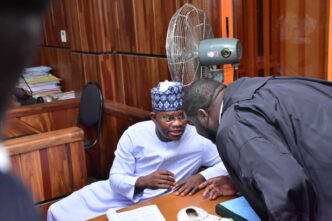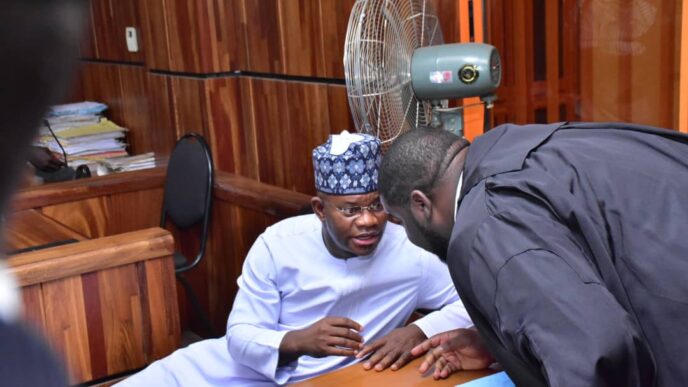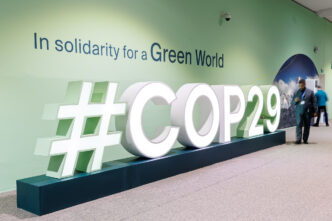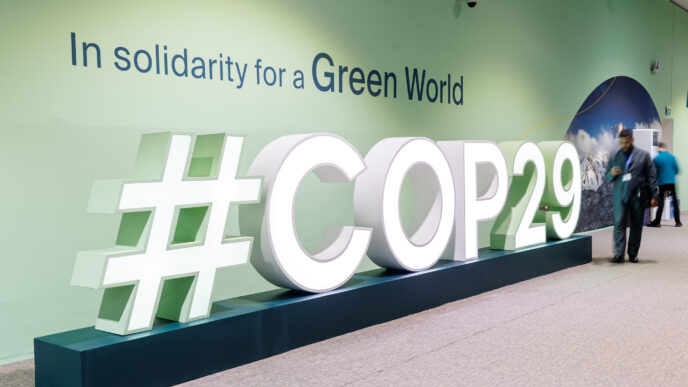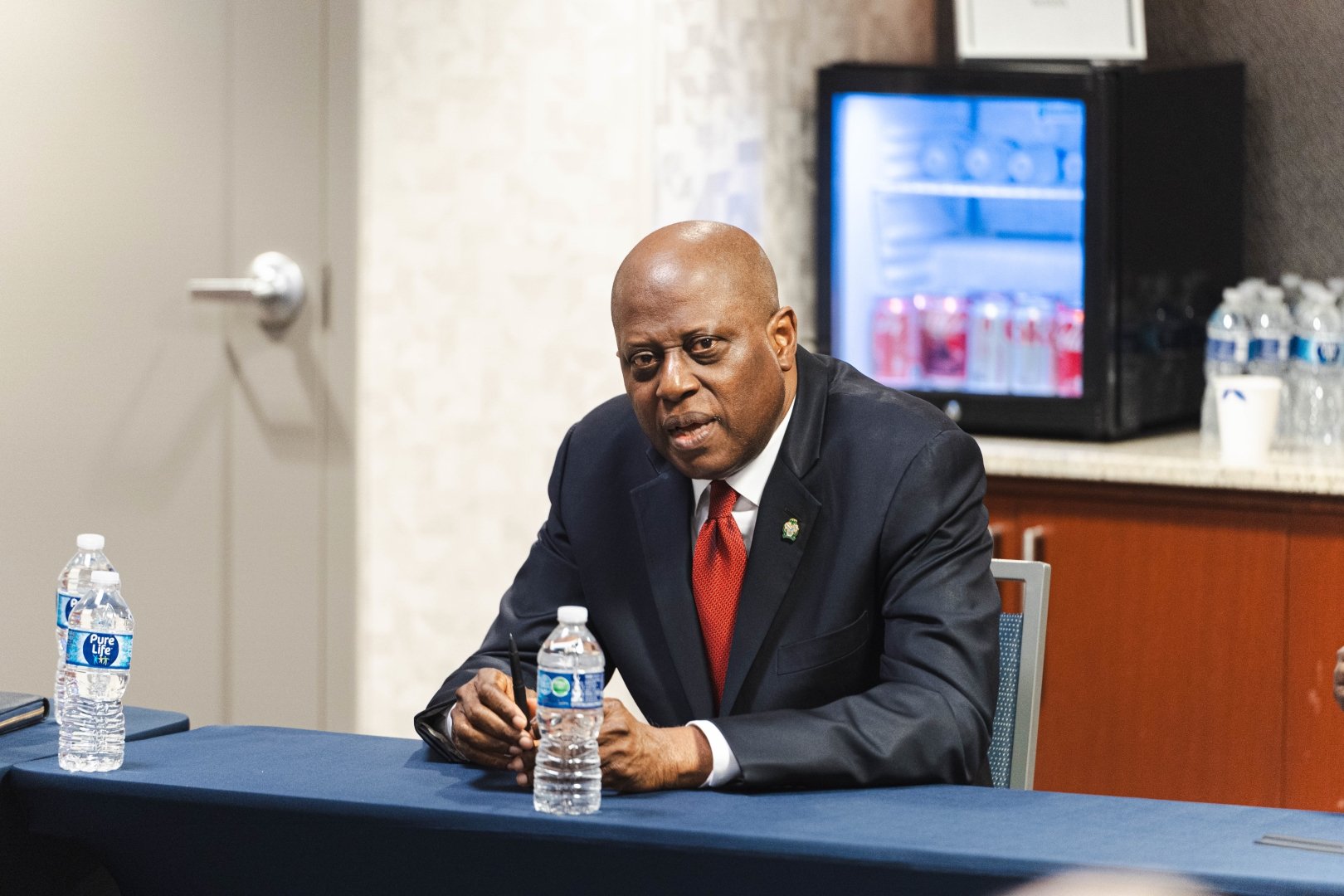BY DONALD AMAESHI
For the 2024 academic year, The New Institute (TNI), Hamburg, brought together a diverse group of scholars worldwide to contribute to rethinking capitalism. The One Kindred One Business Initiative (OKOBI) model, currently championed by the Imo State Government, Nigeria, was selected as a promising framework that challenges conventional varieties of capitalism and offers a unique perspective grounded in the African context. This intersection of global scholarship and African entrepreneurship represents an exciting opportunity for reimagining business practices, organisational dynamics, and strategies that address local socio-economic issues within the broader context of global capitalism.
At the TNI, the programme focused on OKOBI, which is conceptualised as action research, with a remit to track and report how groups translate and implement this model into practice. Caje’s story, “I Need to Feed My Family“, published in leading Nigerian media outlets, exemplifies one such implementation.
From the varied feedback we have received on this story, it is clear that the message resonated with many readers, leading several well-placed Igbo professionals from around the world to reach out to us, expressing interest in contributing to the movement. It is pleasantly surprising, though not unexpected, that words have been matched with action as Caje and his group have secured their first investment.
Advertisement
Tracking Caje’s story has led to the identification of several key insights. First, the OKOBI model—and the broader group-based entrepreneurship drive—are not limited to subsistence entrepreneurs at the bottom of the pyramid. Second, business support organisations play a critical role in advancing group-based entrepreneurship. Finally, there is a compelling need for such organisations and a business case for Corporates to get involved. These points are best illustrated through the experience of Akuyoma Amaimo, another OKOBI-inspired, group-owned business.
The founding members of Akuyoma Amaimo are professionals from the Old Amaimo community in Ikeduru, LGA, Imo State, who recognised the economic and social opportunities within the OKOBI model. The founding members include an accountant, engineer, lawyer, doctor, entrepreneur, and academics based across Africa, Europe, and Australia. The name Akuyoma Amaimo loosely translates to “aku ruo ulo” in the local dialect. It serves as a reminder to members to bring home their various forms of capital: human capital (knowledge, skills, and expertise gained abroad), financial capital (money and other financial resources), intellectual capital (ideas and innovations), and social capital (networks and relationships).
Akuyoma was originally envisioned as a “private equity venture” to serve businesses in the local community. While its primary goal is to provide finances, it injects other forms of capital to ensure the success of the businesses it invests in. A critical condition they stipulate is that the business must either be located in Amaimo or its major promoters must be indigenes of Amaimo. This focus is rooted in the belief that entrepreneurship and economic growth can contribute to the peace and security of their community alongside its economic development. In doing so, their business model directly addresses several UN Sustainable Development Goals by combining professional expertise with local entrepreneurship to create sustainable economic opportunities, reduce inequalities, and build effective partnerships for development. Their focus on rural enterprise development particularly targets poverty reduction through sustainable livelihoods.
Advertisement
Since the formation of Akuyoma, the organisation has realised that the major challenge for businesses in their focus area is not just access to finance but the organisational skills required to run these businesses as sustainable enterprises. This insight led them to pivot towards developing a business support arm—alongside their original idea of providing capital to businesses powering their rural economy. Embedded in Caje’s story is a recommendation for a business support consultant—a detail many may have overlooked. Our findings indicate that this consultant was a resource from the business support arm of Akuyoma. Drawing from their experience working with the Duruewuru Business Venture—of which Caje has become the poster child—they now have a proof of concept for “business support-as-a-service” for emerging businesses in rural communities.
However, here is the challenge: businesses like Caje’s don’t—and can’t—fit into the business model of regular consulting firms. The consulting services they require involve bringing people together and educating them, building trust, formalising their efforts, ensuring they have the right financial infrastructure, and crafting a business plan—all for little or no fee. This requires a different business logic entirely. To illustrate this challenge, countries like Germany have recognised the need for such support and now offer the Africa Advice Voucher, providing small and medium-sized enterprises (SMEs) with financial assistance for advisory services aimed at market entry in Africa. The message here is not to compare governments and their policies but to highlight that Africa is an attractive market for the wider world. For perspective, if Imo were a country in Europe, its population of 5.5 million would make it the 26th most populous country, larger than Ireland and comparable to Nordic nations like Denmark, Finland, or Norway. This gives Imo State a sizeable, addressable market ripe for development.
What is most interesting, however, is that Akuyoma is not waiting for the government to hand them vouchers to develop this market. Instead, they have drawn on their experience and social capital to develop a business support arm. By doing so, Akuyoma intends to offer a natural avenue for partnerships with corporations seeking to make a meaningful impact in emerging markets. Rather than merely providing one-off financial donations, companies can invest in capacity-building efforts and support long-term, sustainable businesses like Caje’s. To do this, they need businesses that understand this market. This approach aligns with the growing trend of strategic corporate philanthropy, where businesses seek to create value for their shareholders and the communities in which they operate. This is another area that my colleagues at TNI are currently articulating through their work on OKOBI as a corporate community development strategy.
They envision that, through partnerships with Akuyoma and other business support organisations dedicated to underserved markets, corporate donors could provide financial capital, mentorship, and access to global markets for cooperatives. In return, these companies can benefit from positive brand associations, increased market access, and the ability to meet global sustainability goals. This aligns with SDG 17 and makes Akuyoma and similar organisations attractive partners for corporations seeking to demonstrate a meaningful commitment to global development while developing new markets. Additionally, by supporting community-level business growth, corporations contribute to poverty alleviation (SDG1) and enhance their value chains by building more resilient, self-sustaining local economies (SDGs 8 and 11).
Advertisement
In conclusion, the story of Akuyoma is a compelling case for professionals and corporates to tap into the OKOBI movement. It underscores the importance of business support organisations in driving successful group-based entrepreneurship models like OKOBI. It is a story of diverse professionals coming together, pooling their various forms of capital, and creating something that benefits the individuals involved and the wider community. The success of such initiatives serves as a powerful testament to the idea that when people bring their diverse forms of capital home, they can transform lives and create lasting socio-economic change.
___
Donald Amaeshi is a Fellow at The New Institute, Hamburg, Germany.
Advertisement
Views expressed by contributors are strictly personal and not of TheCable.

